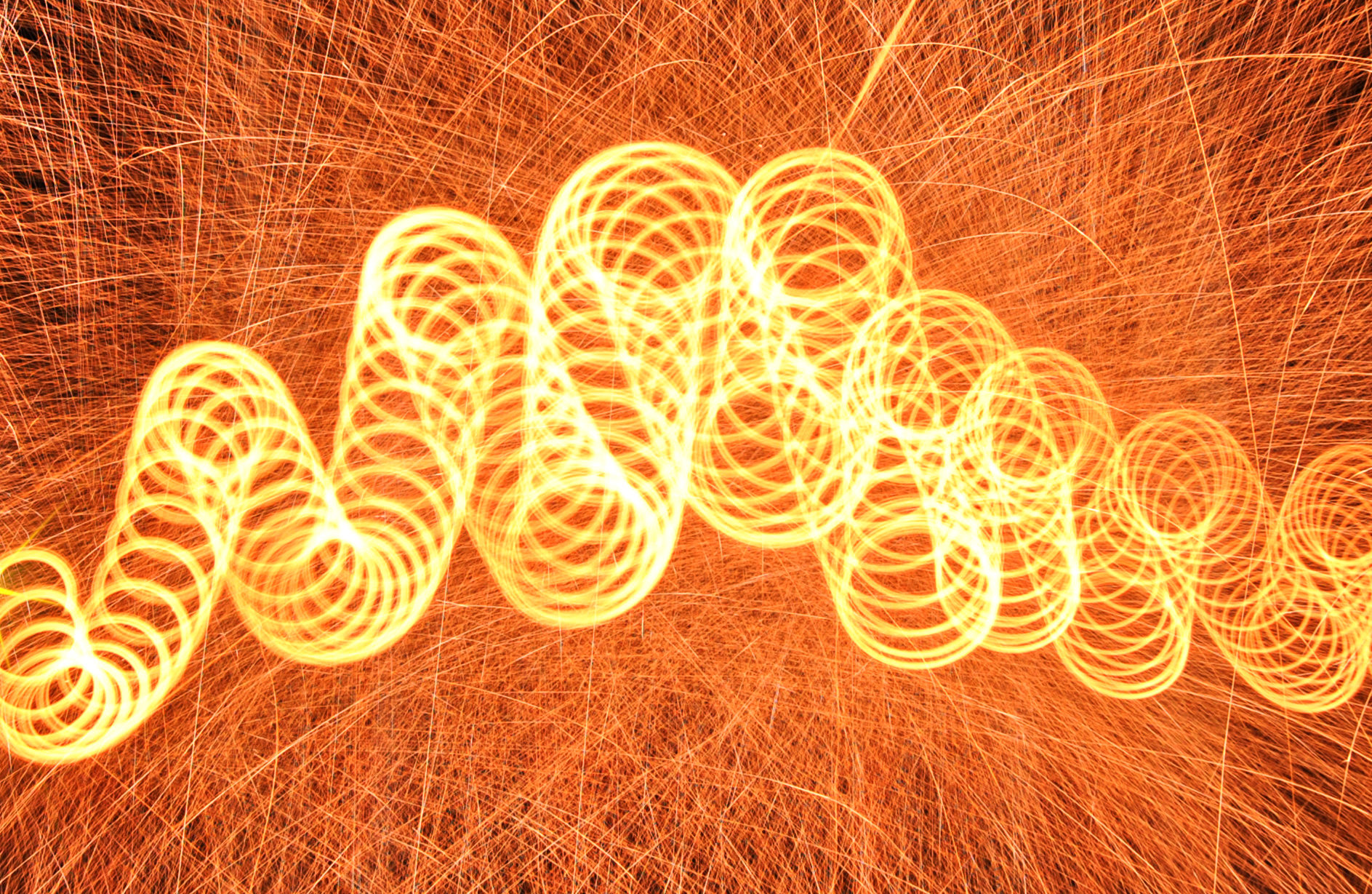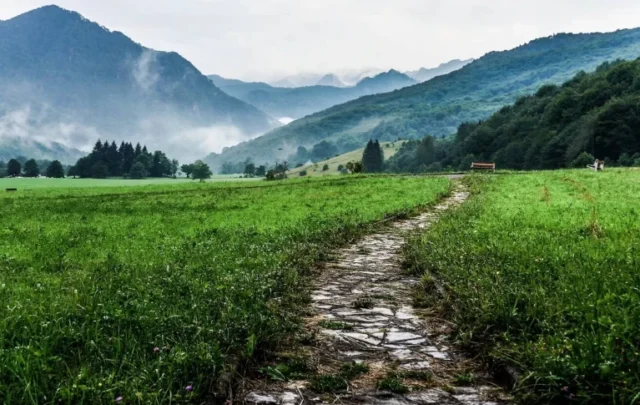This essay is part of our July 2019 Uncertain Future Forum on the topic: “If collapse is imminent, how do we respond?” The first week featured our contributors’ responses to the topic; this second week features their reactions to—and inspirations sparked by—each other’s essays. We invite you to comment below, and to read the other essays here.
— The call to action that inspired Thunder Valley Community Development Corporation

Winona LaDuke
Have you ever fallen in love with someone who is dying? That’s some of the sentiment of this time. Some of what we know in the world will no longer be here; that’s the world we have created—we in the collective, consumer, Wiindigo sense. The way of the cannibal, that’s the Wiindigo. The way of consumer economics, extractive capitalism, and, well, the “modern industrialized world.” Of convenience, endless mindless purchase, fossil fuels, and air conditioning. And then we shake loose.
I have such a story; I have more than one. Love and death are close relatives, as the Mayan people remember during the dark days of the Death Squads: “Altogether we have more death than they, but altogether we have more life.”
Knowing of someone for years, called to their side upon the knowledge of their imminent death, do I walk away, or do I go to pray, to celebrate, to dream– and to carry on the story, and the dream? I found that I loved deeper, understood more, and felt more connected than ever. That’s this moment. Love your Mother, and have hope for life and direction. That’s my counsel.
Reading and re-reading the writings of my collaborators, I am reminded of the world that I know. Our Anishinaabe universe is comprised of many layers– above and below, past, present, future; and a place to reaffirm our covenant, our agreement with the Creator and the Natural world– our relatives. That’s where I stand, in the midst of this moment and agreement. Fully aware that the covenant, and agreement on how we are to act as humans, has been violated; I am fully aware of that. I am fully aware, as my fellow writers are, of the state of the environment– painful to see what has been done. The shame is great.
At this moment, all I can say is: find your mettle. Find the same mettle we found at Standing Rock, where we remembered who we are, and our Water. Find the same mettle you find as you face daunting challenges, and take a breath and be present; be strong and do your best.
I have no easy answer. I sit on the edge of prairies and woods, mind my gardens of plants which are pre-fossil fuels and post-fossil fuels– ancient seeds, with which I have an agreement: I will give you life, and you will blossom– and you will give me back life. It’s a simple covenant, and while it does not change the ice shelf falling, it addresses my covenant. And it reminds me that seeds are hope, commitment, and an understanding of life and future. In them, and in that covenant, I find more than hope; I find life.
Perhaps the words of the great Santee poet and prophet John Trudell are best to describe this moment in time and our opportunity:
We are related to the universal
Creator created creation
Spirit and intelligence with clarity
Being and human as power
We are a part of the memories of evolution
These memories carry knowledge
These memories carry our identity
Beneath race, gender, class, age
Beneath citizen, business, state, religion
We are human beings
And these memories
Are trying to remind us
Human beings, human beings
It’s time to rise up
Remember who we are.
Winona LaDuke is a rural development economist working on issues of economic, food, and energy sovereignty. She lives and works on the White Earth reservation in northern Minnesota, and leads several organizations including Honor the Earth, Anishinaabe Agriculture Institute, Akiing, and Winona’s Hemp. These organizations develop and model cultural-based sustainable development strategies utilizing renewable energy and sustainable food systems. She is an international thought leader in the areas of climate justice, renewable energy, and environmental justice. She is also a leader in the work of protecting Indigenous plants and heritage foods from patenting and genetic engineering. She has authored six books including; Recovering the Sacred, All our Relations, Last Standing Woman, and her newest work, The Winona LaDuke Chronicles.





